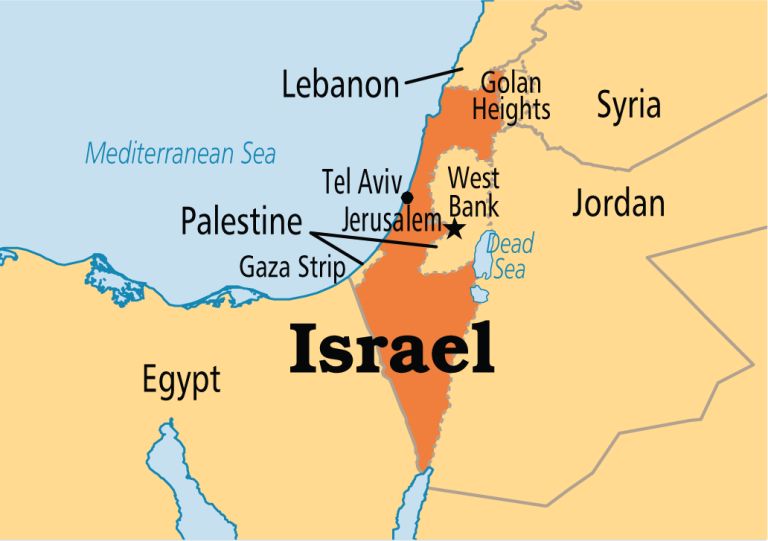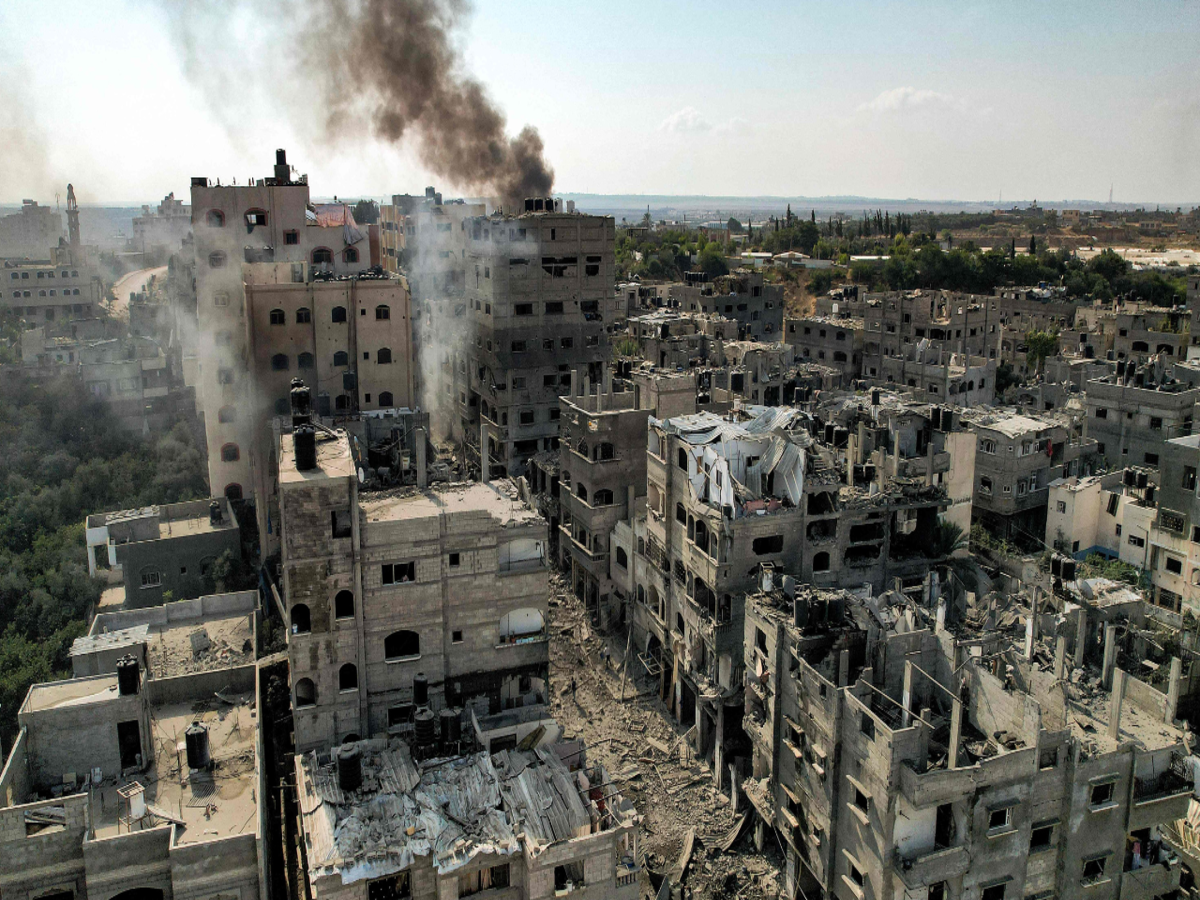The Israel–Palestine conflict is a long-standing and complex issue rooted in historical, political, and territorial factors. Some of the key reasons for the conflict include:
Historical Background: The conflict has deep historical roots, with both Israelis and Palestinians laying claim to the same land. The establishment of Israel in 1948 and the subsequent displacement of hundreds of thousands of Palestinians in the Arab-Israeli war led to deep-seated grievances.
Territorial Disputes: The primary issue at the heart of the conflict is the control of territory, particularly the Gaza Strip, the West Bank, and East Jerusalem. Both sides want to establish their own independent states in these areas.
Security Concerns: Israel has faced security concerns, including rocket attacks from Gaza, which is controlled by Hamas, a Palestinian militant group. These attacks have led to military responses from Israel.
Blockades and Restrictions: Israel has imposed blockades and restrictions on the Gaza Strip, citing security concerns. These measures have had significant humanitarian consequences, which further exacerbates tensions.
Religious and Cultural Tensions: The region has deep religious and cultural significance for both Jews and Palestinians, which adds to the complexity of the conflict.
Political Divisions: The Palestinian territories are divided politically, with the Palestinian Authority controlling the West Bank and Hamas controlling Gaza. This division has hindered efforts to reach a unified peace agreement.
External Factors: International actors, including neighboring countries and major world powers, have played a role in the conflict, often aligning themselves with one side or the other.


